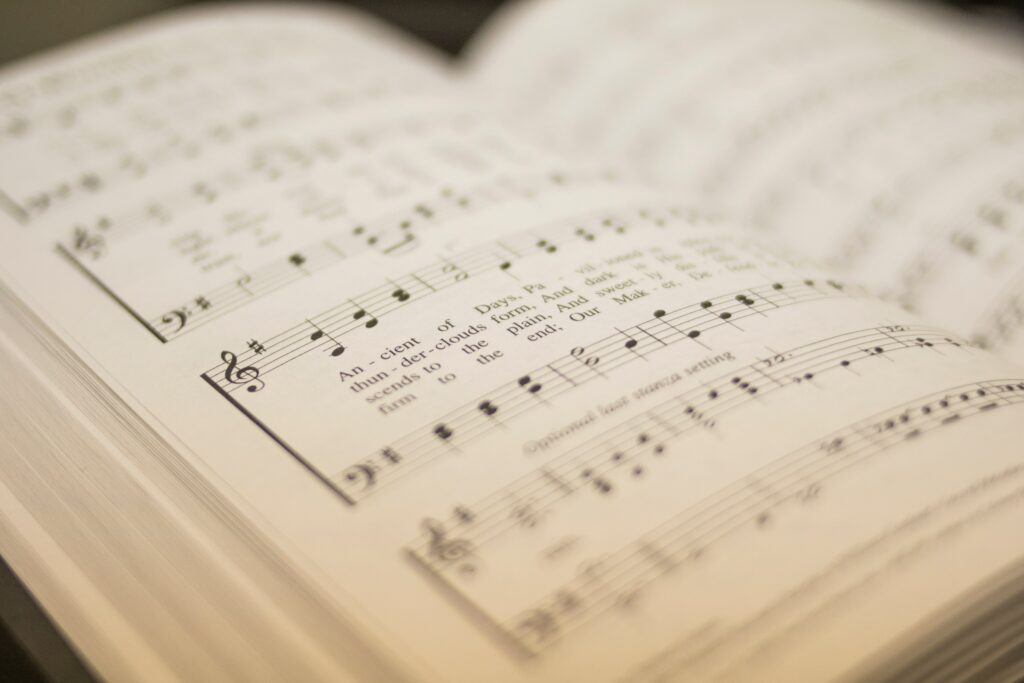
Part 1: Introduction | Part 2: “Prepare Ye the Way” | Part 3: “I Have Seen the LORD” | Part 4: “Call upon the Name of the LORD” | Part 5: “He Ascended Up on High”
As I noted last time, Ephesians 4.9 says that Christ “descended first” (that is, before his ascension) “into the lower parts of the earth.” This passage serves as one proof text for the so-called “descent into hell”—that Jesus’ spirit went to hell while his body was in the tomb. This view is held by various groups across the spectrum of broad Christendom.
I don’t buy it.
First, a little exegesis in this passage. The key to the verse is the phrase “the lower parts of the earth.” What is that?
The phrase is rare, but it does appear twice in the OT. In Isaiah 44.23 it appears in contrast with heaven: “Sing O ye heavens; … shout, ye lower parts of the earth.” Here it clearly means the earth as distinguished from heaven; grammarians would call this a “genitive of apposition”—“ye lower parts, that is to say, the earth.” If this is the meaning in Ephesians 4.9 (and of its source in Psalm 68.18), then Paul is simply saying that the person who came to earth is the same one that returned to heaven—and the descent is the incarnation, not the time in the tomb.
The phrase also appears in Psalm 63.9—“Those that seek my soul, to destroy it, shall go into the lower parts of the earth.” There’s room for debate here, but I’m inclined to think that this is a reference to the grave—a place dug beneath the earth’s surface—rather than hell. There’s no clear indication in Scripture that hell is physically beneath the earth’s surface, and the Psalmist is likely saying simply that those who want him dead will be similarly judged by dying. If this is the meaning in our passage, then Paul is saying that the person who died is the same as the one who ascended to heaven.
In neither case is there any clear statement that Jesus went to hell.
Proponents of the view also mention Psalm 16.10, the Messianic prophecy that God will “not leave my soul in hell, neither wilt thou suffer thine holy one to see corruption.” So Messiah spent some time in hell and was delivered from it.
I think not.
A key feature of Hebrew poetry is parallelism, one form of which is synonymous parallelism—saying the same thing twice in different words. An example is Psalm 2.4—“He that sitteth in the heavens shall laugh; the Lord shall have them in derision.” It seems clear to me that Psalm 16.10 is the same structure; “thou wilt not leave my soul in hell” is saying the same thing as “thou wilt not suffer thine holy one to see corruption.” Where does corruption—decomposition—occur? Not in hell, certainly; there “the worm dieth not, and the fire is not quenched” (Mk 9.44). It occurs in the physical grave. And the word for “hell” in the passage (sheol) can indeed mean “the grave” (Ps 49.14).
So what is Psalm 16.10 saying? Simply that God will not leave Messiah in the grave long enough for decomposition to begin; he will resurrect him before then. As he did.
Interestingly, both Peter (Ac 2.25-31; note esp v 29) and Paul (Ac 13.34-37) confirm this understanding. Each of them preaches (at Pentecost and at Pisidian Antioch, respectively) that Psalm 16.10 was fulfilled when God raised Jesus from the grave, thereby preventing the “corruption” that certainly occurred to David’s corpse.
If any doubt remains, I’ll note that from his cross Jesus told the repentant thief, “Today you will be with me—in paradise.” It’s pretty clear where Jesus’ spirit went when his body was (briefly) in the tomb.
Part 7: “The LORD Will Come in Fire” | Part 8: “Let All the Angels of God Worship Him” | Part 9: “Your Years Shall Not Fail” | Part 10: Other Possibilities
Photo by Aaron Burden on Unsplash


